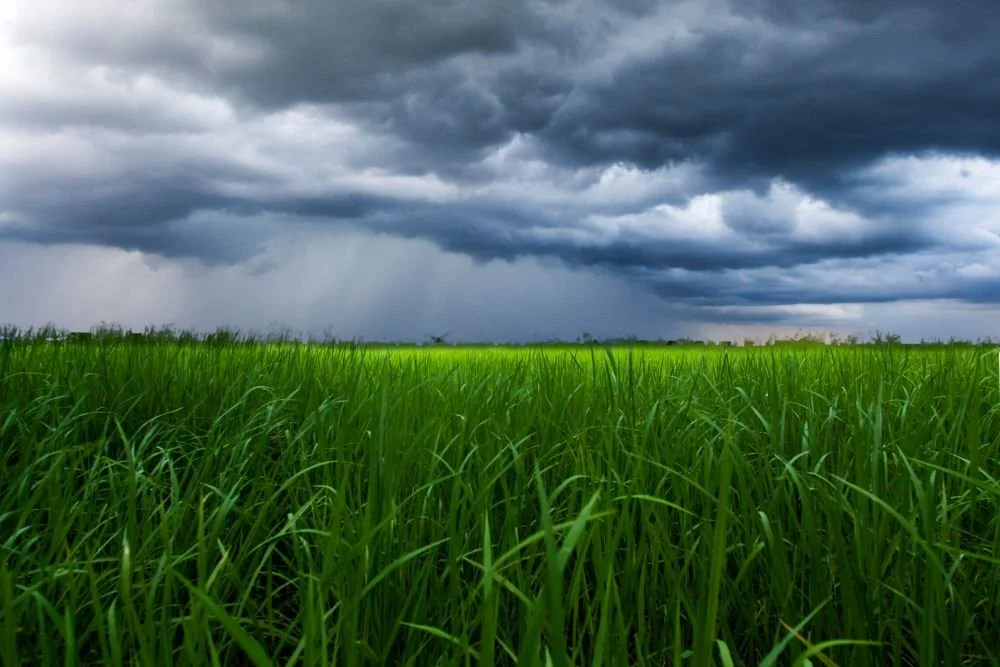Spring storms can trigger asthma – even if you've never had it before
Spring has arrived, and the Riverina Thunderstorm Asthma Collaborative is urging residents, particularly those in Wagga Wagga and surrounding areas, to prepare for the risk of thunderstorm asthma.
Thunderstorm asthma events are rare and occur when weather conditions cause rye grass pollen to break into tiny particles that can be inhaled deep into the lungs.
While people with asthma or hayfever are most at risk, it can also affect those with no previous respiratory issues and can cause sudden and severe breathing difficulties.
This year, higher-than-average storm activity is expected. When combined with high rye grass pollen levels, these conditions can trigger dangerous asthma symptoms with little warning.
People with asthma or hayfever are strongly encouraged to speak with their GP or pharmacist now, ensure medications are up to date, and review their asthma action plan. During thunderstorms, staying indoors with windows and doors closed offers the best protection. Even those without a known diagnosis should stay alert.
“These conditions can come on quickly, and in some cases be life-threatening,” said Riverina Thunderstorm Asthma Collaborative Chairperson, Tony Burns.
“If you have asthma or hayfever, now is the time to visit your GP or pharmacist, check your asthma action plan and make sure your medications are up to date. If there’s a storm forecast, the safest place to be is indoors.
“We’re also urging anyone who notices changes in their breathing to get it checked out now. Don’t wait until you’re in the middle of a storm and struggling to breathe.”
The warning is especially important in the Riverina, where pollen levels can be high and many people move to the region each year for work or study.
“Thunderstorm asthma can affect locals who’ve grown up here, it may simply be that this year’s conditions are enough to trigger asthma for the first time,” said Mr Burns.
“People who have just moved to the area may also experience asthma symptoms for the first time, and should be alert and aware of the increased risk.
“We want people to take this seriously, be informed, and reduce their risk. And if you or someone around you is experiencing severe symptoms, please call triple zero (000) immediately.”
The Collaborative encourages all residents to stay informed by registering for local thunderstorm asthma alerts at science-health.csu.edu.au/asthma
The annual spring thunderstorm asthma campaign is promoted by the Riverina Thunderstorm Asthma Collaborative which includes representatives from Murrumbidgee Local Health District, Murrumbidgee Primary Health Network, Wagga Wagga Base Hospital, Charles Sturt University, Wagga Wagga City Council, Asthma Australia, local pharmacies, NSW Ambulance and interested community groups.


